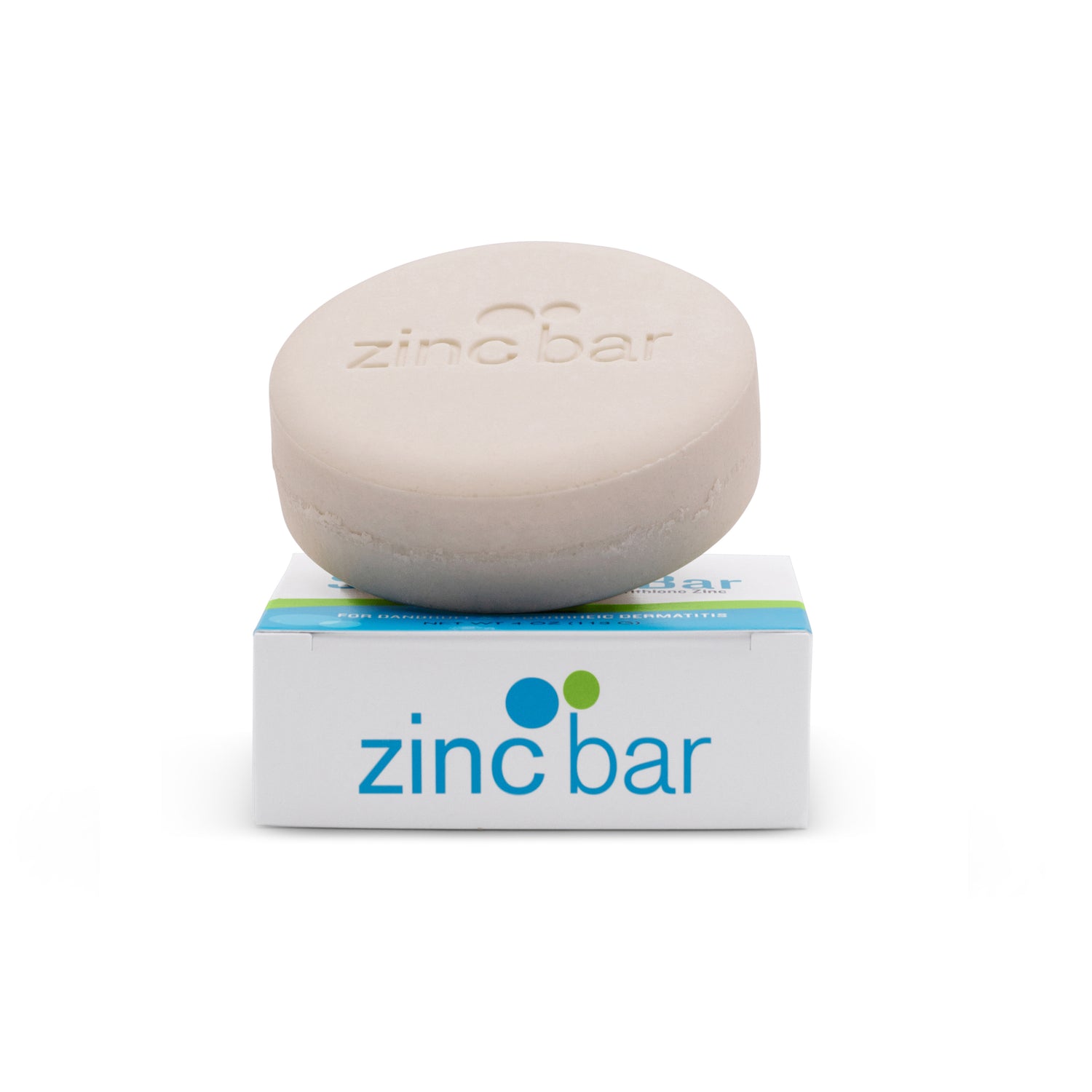Eczema in Children - Can Eating Fish Help
With the incidence of eczema in childhood rising in recent decades, researchers are seeking clues as to the underlying causes. The child's diet is often the first area to fall under scrutiny, but some experts say diet is not to blame, and urge parents to exercise caution in eliminating particular foods from children's diets without their first being proven to have a food sensitivity. While the increase in eczema in children remains a mystery, new research suggests multiple factors—environmental, nutritional and genetic—could all be at play.
The Research in Scandinavia
With respect to dietary origins of eczema, recent studies suggest it may not be so much the presence of certain food allergens invoking the problem as the absence of protective nutrients. Though the nutrient or nutrients in question remain as yet unspecified, hints of this being the case that are providing new interest concern fish. While more research is called for (particularly the interaction of fish consumption in children and heavy metals in fish), three studies have demonstrated that early introduction of fish into an infant's diet decreases the risk of eczema in the child.
Bernt Alm and his team at the Department of Pediatrics, University of Gothenburg in Gothenburg, Sweden are the latest to show this beneficial effect with the introduction of fish before nine months of age on incidence of eczema. Alm found that by 1 year of age 20.9% of infants in Western Sweden had had eczema or were currently suffering with it. A family history of eczema increased the risk of the child. With infants who were fed fish at least 1 to 3 times a week, a decrease in eczema was shown on their first birthday. Fish was introduced in the infants' diet at the median age of 7 months in the group studied, and lean fish (cod, haddock) was the type usually consumed (78.6%), with salmon consumed by 17.3% of those studied.
A second Swedish study reported in the journal Allergy, in 2006, followed 4089 newborn infants for 4 years. Fish was included in the diet of 80% of the children more than twice per month as of their first birthday, with the mean age of introduction being 8.3 months. Their risk of developing eczema, asthma, sensitization (allergy) to fish, and allergic rhinitis was found to be reduced dependent on the amount of fish consumed before 1 year of age.
In a Norwegian study, Øien and colleagues examined the effect of consumption of fish and cod liver oil during the first year of life on allergic disease in children at 2 years of age. A decrease in risk was seen in this study as well.
What's in a Fish?
Fatty fish such as salmon, sardines, and mackerel are rich in the omega-3 fatty acids known as EPA (eicosapentaenoic acid) and DHA(docosahexaenoic acid). This is felt to partly explain the protective effects found in these studies, as these fatty acids exert an overall down-regulating effect on inflammation in the body, the predominant immune-mediated mechanism thought to underlie symptoms of allergy and eczema. However, the effect was seen even when the fish consumed were predominantly lean whitefish such as cod and haddock—species that are not particularly high in omega-3 oils.
A report of research conducted jointly at Queen Mary University of London and Harvard Medical School has revealed that an ingredient in fish oils has a powerful effect on inflammation, and may provide novel treatments for inflammation-related diseases, of which eczema is one. There were no direct beneficial links regarding early fish consumption and a reduction of eczema reported in this research, as the investigation focused instead on how the body converts DHA, found in fish oils, into resolvin D2 (RvD2), and the pathways RvD2 uses to regulate inflammatory responses.
However, even small amounts of RvD2 were seen to have profound effects on reducing inflammation. White blood cells, leukocytes, are known to slowly roll along the interior lining, or endothelium, of blood vessels as they are carried by blood flow. When they encounter cellular signals of infection, they then pass through the vessel wall, in a process called extravasation, to exert their inflammatory influence on the infectious agent, or, in the case of auto-immune disease, on healthy tissue. RvD2 interrupts this process through producing small amounts of nitric oxide which in turn acts as a signal hindering white blood cell adhesion to the endothelium, thus preventing extravasation and inflammation. The study's authors believe their work could lead to improved treatments for arthritis, sepsis, and stroke, but also for other diseases associated with inflammation.
This new research is providing us with a welcome and growing body of knowledge on the origins of inflammation and other immune-regulated processes in the body, and may serve to uncover why early introduction of fish in an infant's diet has a beneficial effect on the incidence of eczema. Altogether, we now know there is ample reason to introduce children at a young age to the health benefits of fish, including reduced risk of this common inflammatory skin disorder.
Putting It Together and Finding Your Eczema Solution
While a cure is still a goal yet to be realized, there are many natural options that can help the juvenile or adult eczema sufferer take part in managing—often reducing—the severity of the condition. A combination approach that includes identifying a healthy meal plan and avoiding dietary triggers, together with the use of natural herbs and other nutritional supplements, topical gels or ointments, and stress-reducing techniques are all ways to naturally reduce discomforting symptoms of eczema.
You should try cleansing problem skin with a combination of zinc pyrithione and sulfur/salicylic acid (two different products - alternating use) to see if it helps.

